I wrote a book on contemporary Indian philosophy in Assamese. It was published by Bhagawati Prakashan, Guwahati in 1995. I included in this book philosophers like Radhakrishnan, Mahatma Gandhi, Aurobindo, Rabindra Nath Thakur, Krishna Chandra Bhattacharyya, Vivekananda, Bal Gangadhar Tilak and Radhanath Phukan. The last philosopher is from Assam. After the publication of this book many of my friends and well-wishers requested me to translate it into English so that it might find an all India reading public. But my other occupations did not allow me to do so. However recently I was requested by Shri Durlav Chandra Mahanta, Senior Advocate of Gauhati High Court and an octogenarian, to write such a book in English inserting in it three more philosophers namely Rahul Sankrityayan, DebiprasadChattopadhyaya and Bhabananda Dutta of Assam. I could not deny the request of this person whom I regard as my older brother. I could not include in the present book all the philosophers of my Assamese book. I included only Radhakrishnan and Radhanath Phukan of that book. Others have been left out because of various reasons.
The contribution of India to world philosophical field and culture is well known. So Indian philosophy has a prestigious place in the international arena. But at the same time it is also to be remembered that there are many things to do on it. It awaits investigations in other fields apart from the idealistic/spiritualistic one.
‘Contemporary’ means ‘being at the same time’. Contemporary philosophy means philosophy which is produced by those who live at the same time.
I have written this book not on idealistic line, but on objective line. My approach is not metaphysical, but scientific.
I have selected here five contemporary philosophers, viz., Radhakrishnan, Rahul Sankrityayan, Debiprasad Chattopadhyaya, Bhabananda Dutta and Radhanath Phukan as stated above. These philosophers may be divided mainly in two groups: idealist and materialist. They have been selected rather randomly. Of these five philosophers Radhakrishnan and Phukan are idealist philosophers, while the other three materialist philosophers. My aim to select them is to highlight their philosophies so that we may understand their thoughts. I am, however, not in a position to offer an explanation of the conspicuous omission of certain well known contemporary philosophers. I have of course included two less known Assamese contemporary philosophers although they are capable of being included in the list of contemporary Indian philosophers.
It is a well-known fact that the thinkers of the North-Eastern region have always been ignored or neglected in all Indian perspective. Sankaradeva has also been neglected as a medieval religious philosopher. It is to be admitted that the contributions of these philosophers are not less than the philosophers of other regions.
Phukan’s philosophy very much influenced me even in my childhood. I happened to come across Phukan’s Gita written in Assamese language and read it several times. The result was that I was very much rebuked by my Sanskrit teacher at school when I showed him an article written by me on the treatise while in Class IX. He said that I was too young to write on the Gita and advised me not to read the book. He however did not return me the article. I still miss the article as I did not make a duplicate copy of the same. However to fulfill my desire I wrote afterwards several articles on the Gita both in Assamese and in English. I also translated the entire Gita into Assamese with annotation and published it in 1993 under the title Vaijnaanik Byaakhyaat Geetaa (The Gita in Scientific Explanation). I also wrote a book in English under the title The Bhagavadgita: A Philosophical Analysis which was published in 2018.
My purpose of the inclusion of Rahul Sankrityayan in the treatise is because he has become a forgotten man. The modern generation does not know him. It is very unfortunate that such a genius is to be forgotten by the people of his own country. In the official circles he is ignored because of his Marxist leanings. Instead these circles are trying to highlight the persons like Dindayal Upadhyaya as he professed Hindutvavaad. I have therefore selected Sankrityayan to make his name familiar along with his philosophy to the present generation. His life is very much eventful, and it will be quite unwise to forget such a genius of repute. His birth day which is to be observed on 9th April and his date of demise on 14th April have also been forgotten. Even historians are silent about him. I pity such forgetfulness, either deliberate or non-deliberate. Such a wishful amnesia cannot be tolerated at all.
Indian philosophy is given a religious colour by most of the traditional interpreters. Indian philosophy is not exactly religious, and it should not be called Hindu philosophy. Hinduism is not a philosophy but a religion. In India there are many other religions besides Hinduism. It is true that behind every religion there is a philosophy; but thereby religion and philosophy should not be identified.
The philosophers I have included in this volume have not tried to introduce some new systems of philosophy; they have however discovered certain new concepts in the systems of Indian philosophy. They have nothing to add to the ancient Indian views except presenting some new meanings to the concepts of the ancient philosophers.
I am trying here to bring out the progressive elements which are there in these philosophers. Those philosophers may be regarded as progressive who stand against conservatism and orthodoxy. Moreover India is a class divided society. One becomes progressive in thought and action when he thinks, writes and works for the down trodden class.
Engels says that science should concern itself with the problems of the working class people. But not only science philosophy should also concern itself with those people. Philosophy should not be the prerogative of the high class people; the down trodden people also should be allowed to study and practise it, because “one cannot be a cultured person without a knowledge of art and philosophy.”
Philosophy precedes all types of study including science. So one who obtains a doctorate degree is known as Ph.D. meaning doctor of philosophy. Therefore philosophy is the mother of all branches of science. Up to the time of Newton science was known as natural philosophy.
We need philosophy not only to interpret the world but also to change it; and to change it towards the good. I was attracted to philosophical study not to earn fame but to let people know the works of philosophers. Being a student of philosophy I use to have faith in humanity, and I always take a positive and humanistic view of human destiny.
The book would have not been written had Shri Durlav Chandra Mahanta not asked me to write it. So I thank him for it. He also made me write several other books like Bhabananda Dutta and Some Indian Philosophical Ideas, Dadhi Mahanta: A Man of the Masses, Dadhi Mahantar Karma aaru Cintaa (Work and Thought of Dadhi Mahanta) and Baampanthee Ganataantrik Aikyar Dhaarak aaru Baahak Dadhi Mahanta (Dadhi Mahanta: Bearer and Conveyer of Left-Democratic Unity). I owe my allegiance to him for all these reasons. I had to include my philosophy also at his request, although my philosophy should not have been included in it. But my argument in favour of this inclusion is that I am now 82 years old; I do not know how long I will live. So to escape misinterpretation of my thought as a man of philosophy I have ventured to include the same. I may be excused for this attempt.
I thank M/S Iterative International Publishers, Chikkamagaluru, Karnataka for publishing my book and all the workers of the printing press who have helped me in publishing the book most elegantly.

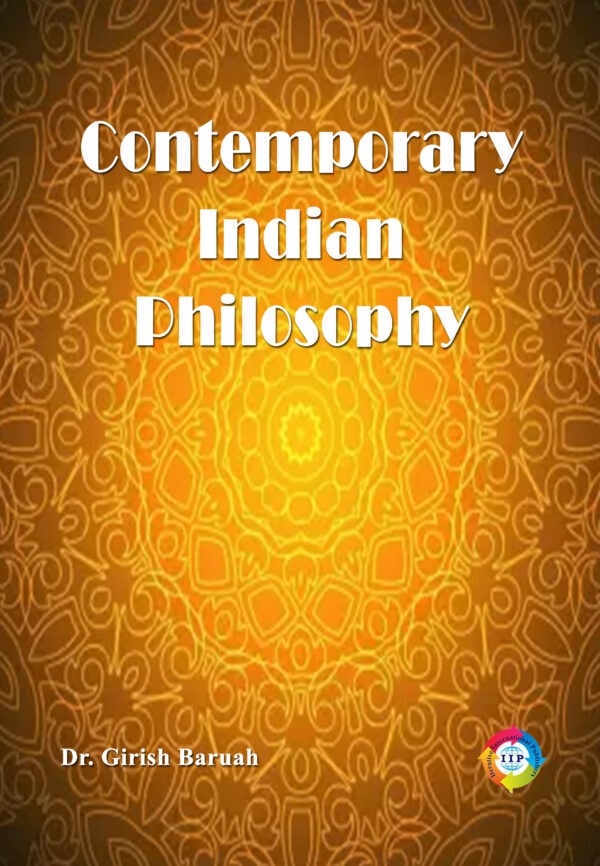
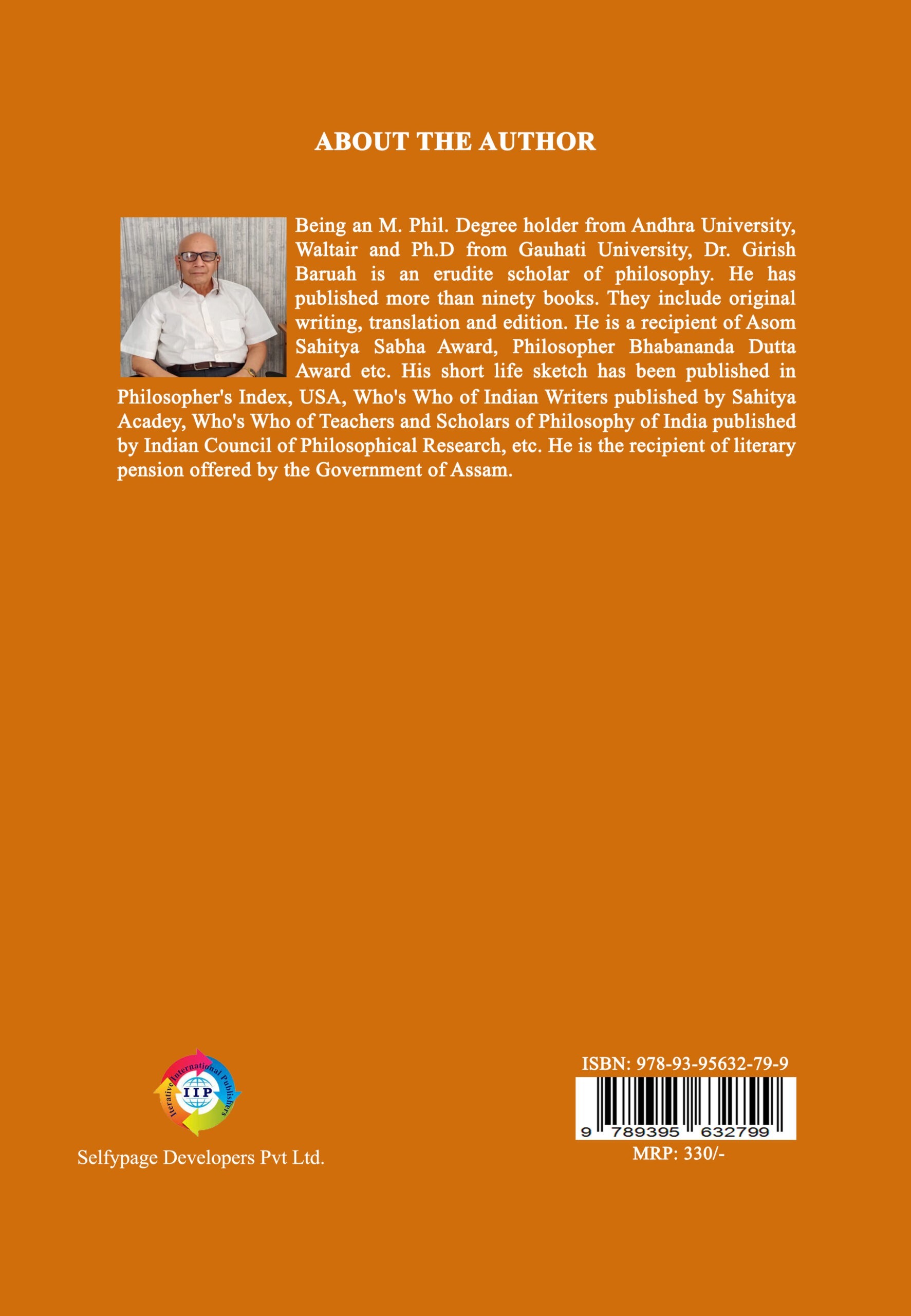
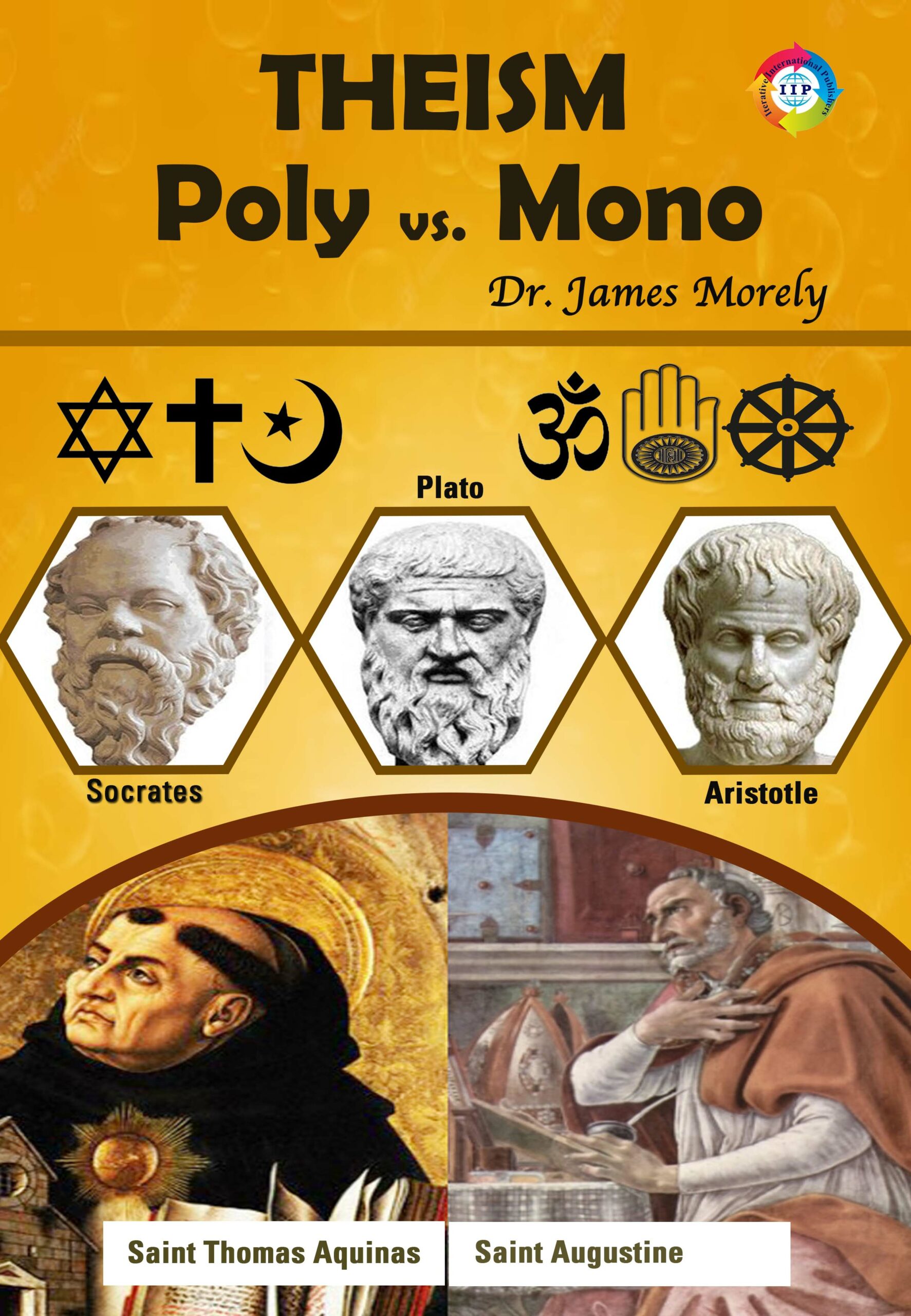

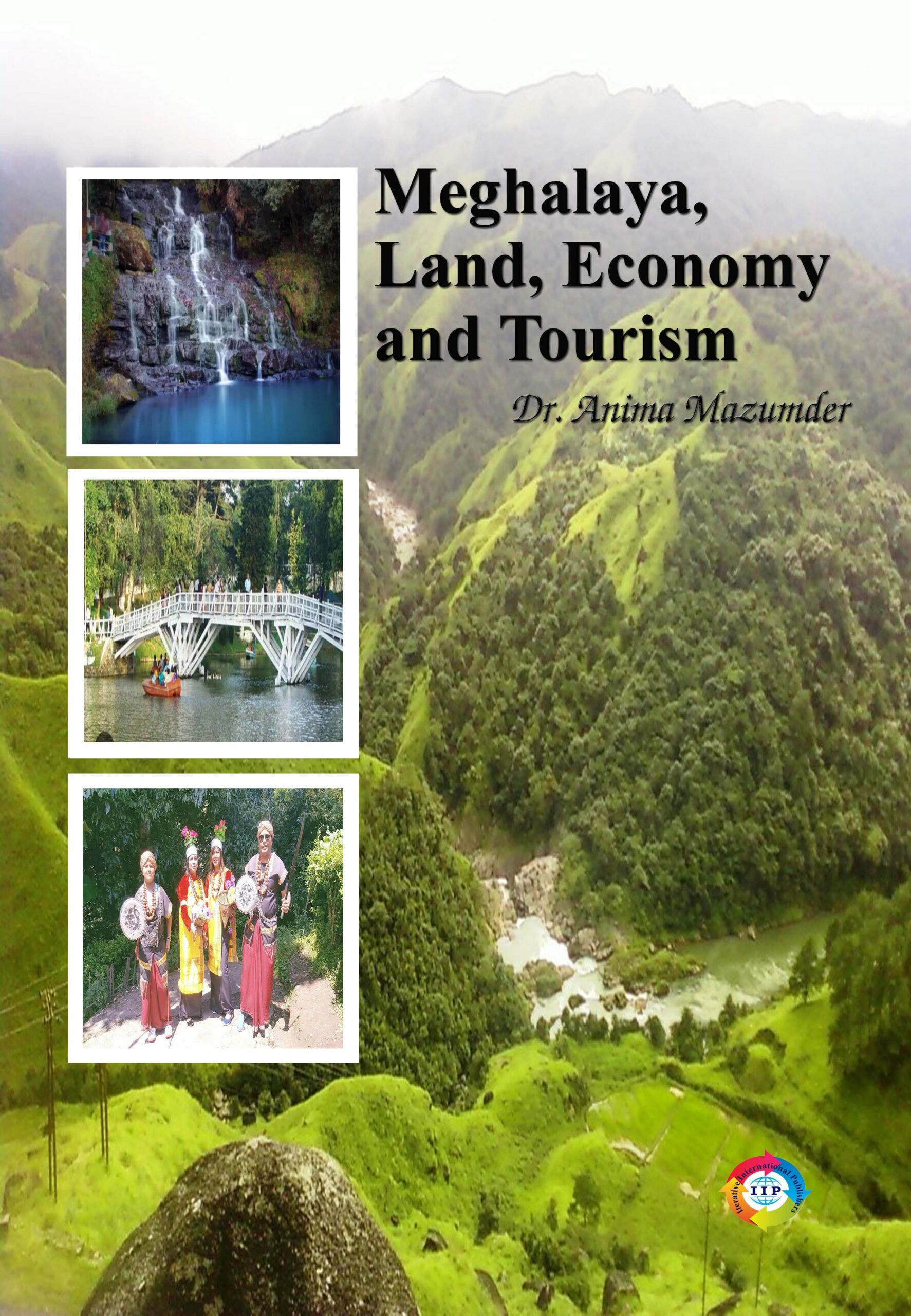
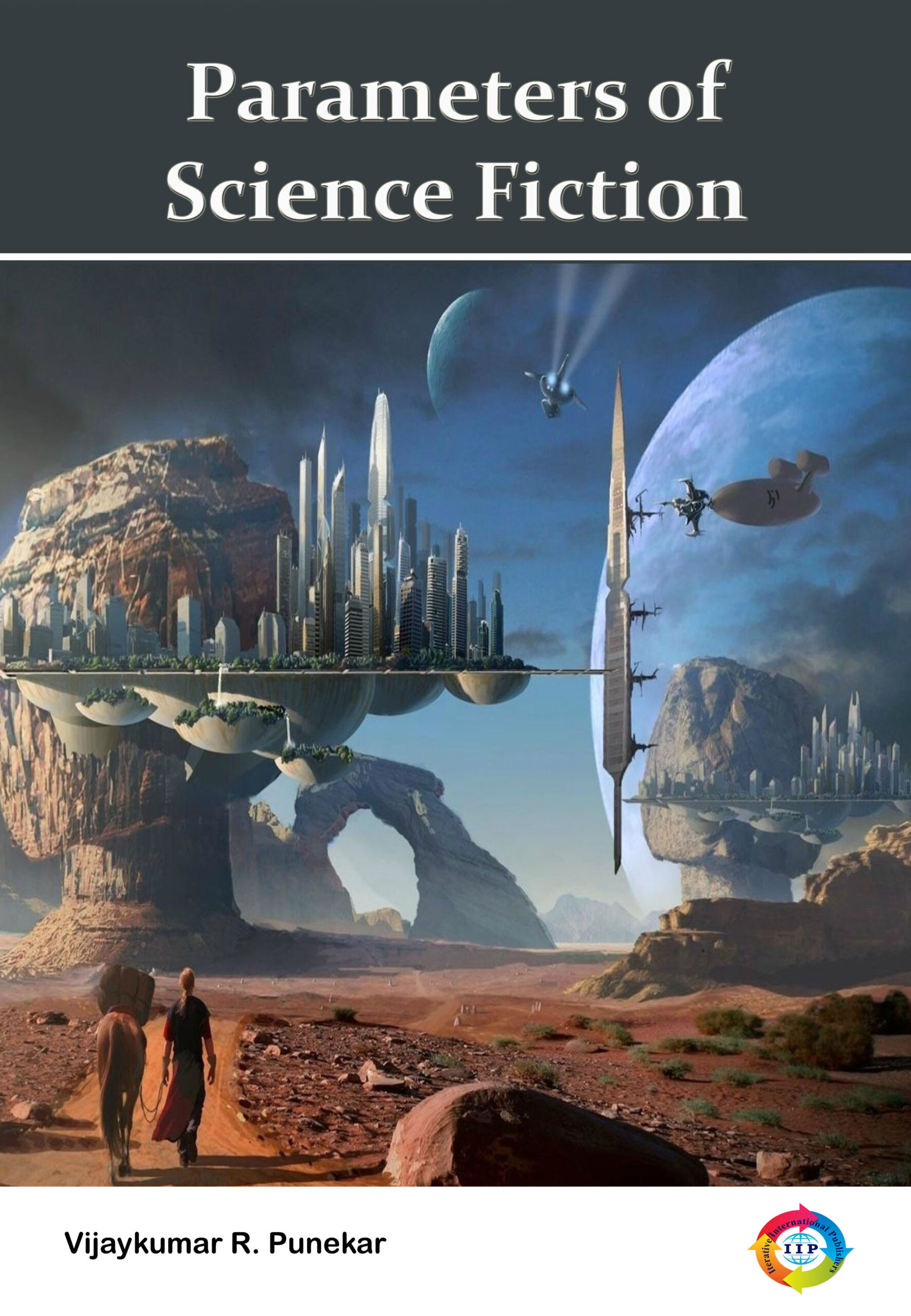
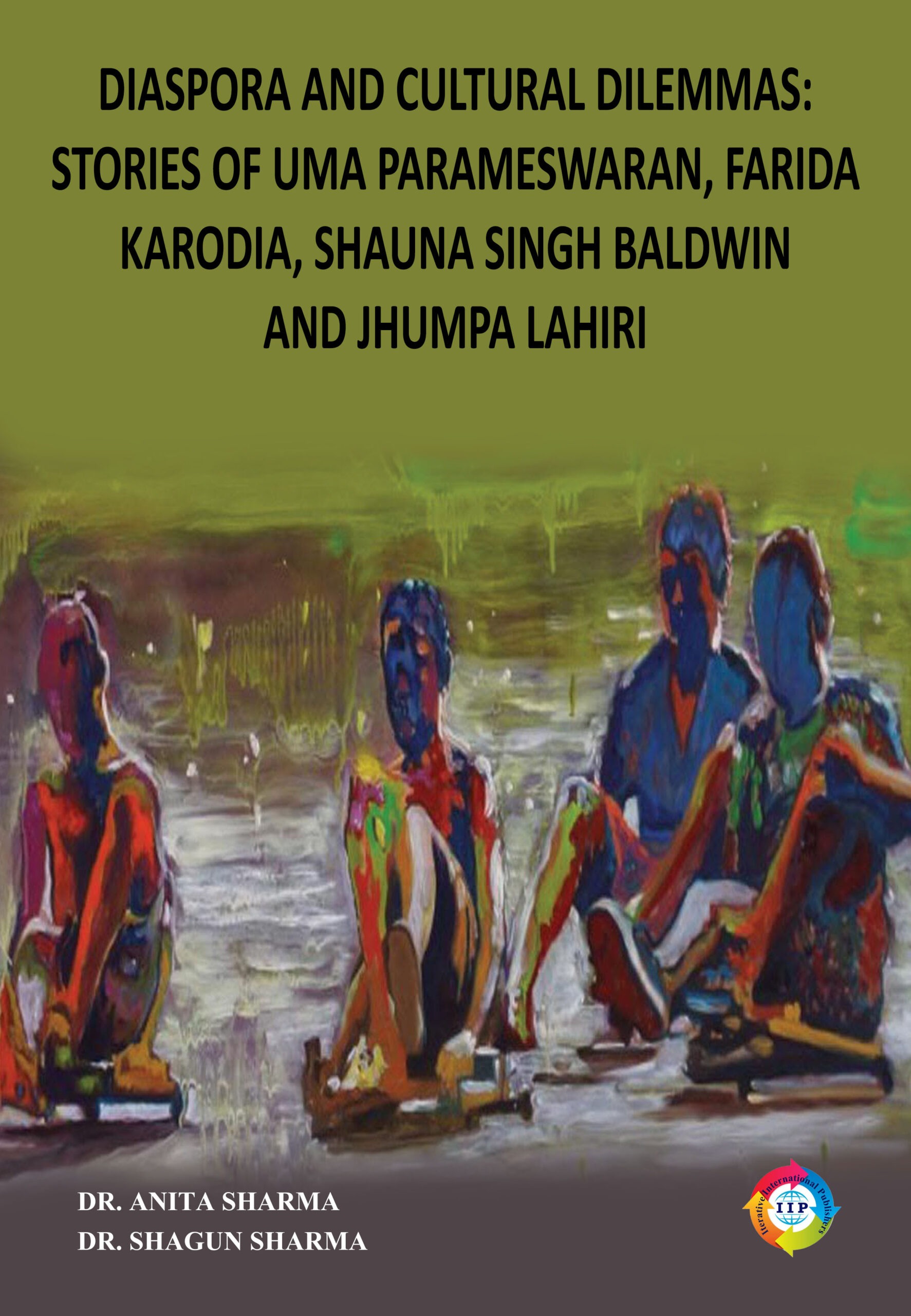
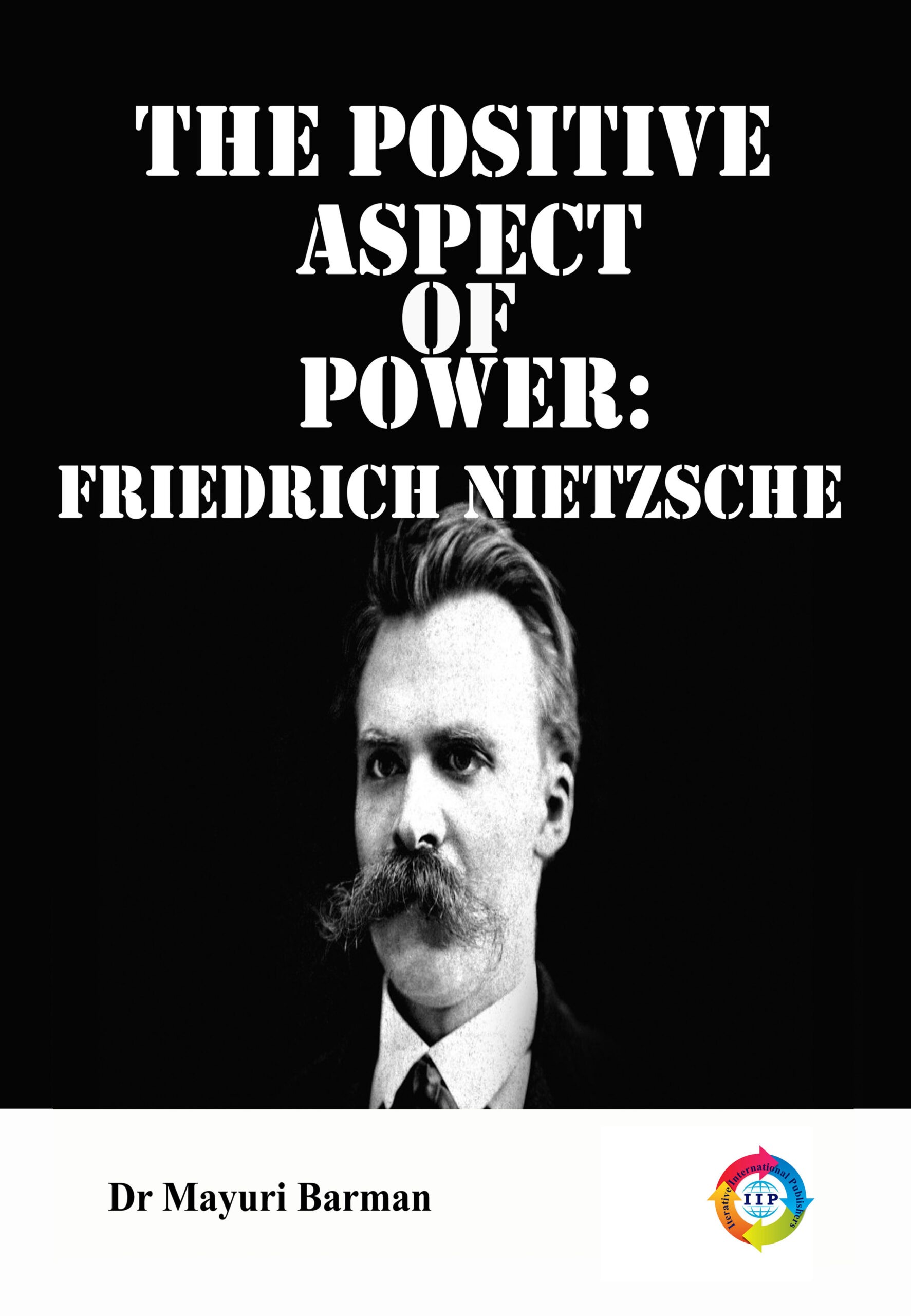
Reviews
There are no reviews yet.